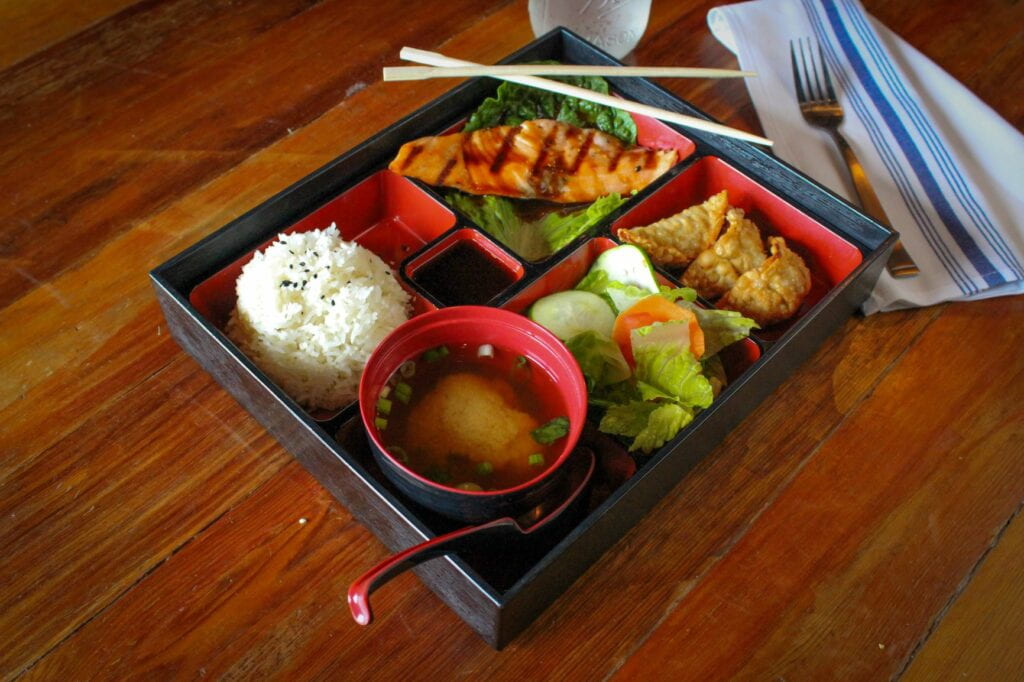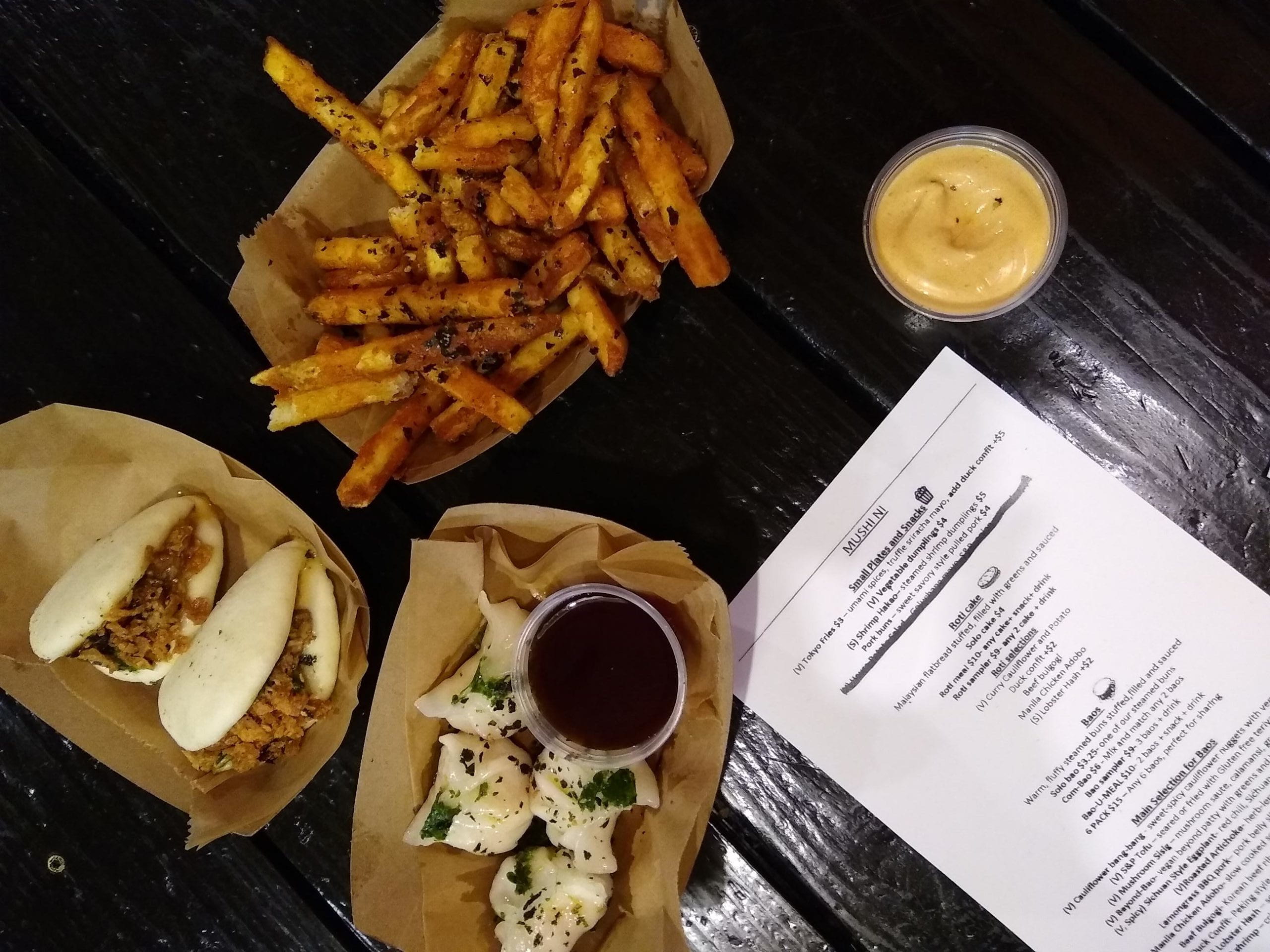Atlanta Fusion Foods

Image from Pijiu Belly website
The Culture
Atlanta is a hub of cultural significance and diversity in the southeast US. The city is home to millions of people from all over the globe. With the recent boom of fusion restaurants, the exceptionally diverse city has been a breeding ground for numerous unique mixed-cuisine restaurants and dining spaces. While fusion has been an integral part of cuisine for centuries now, with Atlanta being so diverse, combinations of different cultures’ street foods are being tested, produced, and sold on a large scale.
Popular fusion restaurants like Pijiu Belly in Midtown pride themselves on successfully combining an “English Gastropub” with traditional Korean-Chinese cuisines, and the restaurant has been operating successfully on that structure for years now. People love the idea of mixing cuisines and trying things that aren’t common, and Atlanta is a great place to experience that.
Interestingly, a majority of the fusion restaurants in Atlanta are Asian-fusion, typically combining traditional East Asian cuisines with western business models or western preparation methods. This model has been successful for restaurants like Mushi Ni or Pijiu Belly, which was named one of the best fusion restaurants in Atlanta on yelp in 2019.
Within fusion restaurants, such as Mushi-Ni, 2nd-generation American owners are able to express their dual-identity and dual-cultural background with the dishes they create. Atlanta is constantly changing and being shaped by global forces, and individuals living in this area have been cultivating communities and making sense of their identity through food.

Mushi Ni is known for creating beautiful and delicious Baos | Mushi Ni’s menu captured here while the team visited the restaurant
Mushi Ni Atlanta
Mushi Ni is a bustling Asian-Fusion restaurant in East Atlanta, specializing in unique takes on traditional Asian Baos and Bowls. According to one of the owners of Mushi Ni, Michael Le, Atlanta is just as diverse as Los Angeles, New York, Paris, and Miami, and the city is surprisingly one of the most affordable. This makes creating and growing unique fusion restaurants in the city easier than in other cities around the states, and allows fusion restaurants like Mushi Ni to have a large segment of the Atlanta population who are interested in trying new fusion ideas.
According to the owners of Mushi Ni, Tanya Jimenez and Michael Le, Atlanta is not as culturally stagnant as the city is made out to me. There is a bustling and lively culture of unique cuisines different flavors all around the city that the people are always excited to try. He says “Atlanta is not all BBQ and corn on the cob,” pointing to the diversity of unique cuisines scattered around the city.
Mushi Ni is very present to the new “foodie” culture popping up alongside growing platforms like Instagram and Twitter. While this foodie culture may hurt older, more authentic restaurants that don’t make plates that are as aesthetically pleasing as newer restaurants, Mushi Ni has taken this opportunity to use the culture of foodie photos to easily advertise their beautiful plates through other people’s social media. This has been an integral part of Mushi Ni’s exponential growth over the last few years, where the restaurant has grown in popularity steadily. Le has explained to us how “Instagram has become the new art gallery and everyone wants a ticket to what they see online, so for us owners, it has been great. It does hurt restaurants that have been around for a long time as don’t have “likable” snapshots but overall it is free advertising and if your food is good people are more likely to know about it than ever before.”
For a more detailed dive into what the team discussed with the owner’s of Mushi Ni, check out our In the Community: Food page!
Samples of Fusion Restaurants in Atlanta
– Pijiu Belly: Gastropub aesthetic / Korean-Chinese cuisine
– Poor Calvin’s: Thai cuisine / Southern United States Cuisine
– Mushi Ni: Filipino cuisine / American comfort food
– Budi Sushi: Japanese compositions / Traditional “Asian home cooking”
– Ssam Burger: Korean cuisine / American Hamburgers
– Taqueria del Sol: based on Mexican cuisine but many menu items feature “cross-cultural flair“
– Kamayan: Filipino comfort food